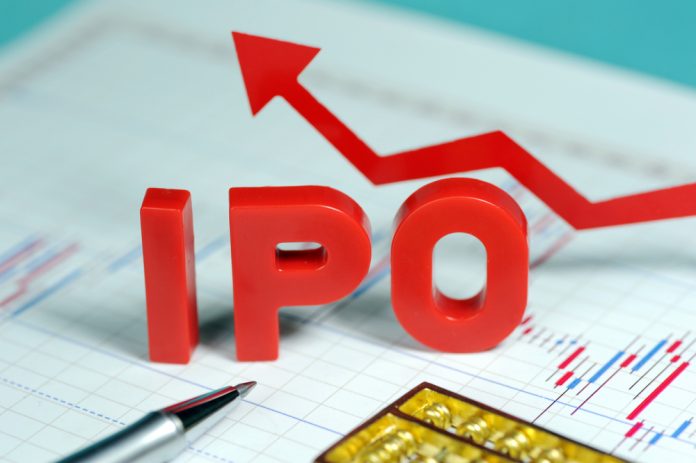The demand for IPOs is rising year to year, especially since the beginning of 2018 as the trend continues in 2019.
Tech companies are going public nearly in bulks with Lyft, Zoom and Pinterest already entering the stock market and having numerous companies such as Beyond Meat, Slack, and Uber joining the growing list of IPOs in 2019.
While some equity and venture capital firms consider that share price of some tech companies is overpriced and “stretched”, some are indicating that IPOs could turn into a bubble just like it was the case with Dot Com era back in 2000s.
Table of Contents
Can 2019 IPOs End Up Like the Dot Com Bubble?
Although CEO of a venture and equity capital firm, the Patriarch Organization, Eric Schiffer, claims that the valuation of some tech IPOs such as Lyft, make no sense, other analysts and venture capitalist consider IPOs to be far from bubbling.
Unlike the Dot Com bubble that crashed in a similar way it started – fast and with hype revolving around it, IPOs are perhaps more closely evaluated, even though some estimates may be unrealistic.
This is the case because companies looking to go public through IPOs are rarely profitable.
IPOs in 2019 VS Dot Com Bubble 2000s: Is IPO Market a Bubble?
When it comes to evaluating tech companies with IPOs as well as the companies joining the past Dot Com bubble in 2000s, we need to rely on price-to-sales ratio.
This is the case because these companies, including IPOs are rarely profitable, although the growth potential stands as strong.
Price-to-sales ratio for Dot Com bubble companies was set at 48.9 back at the time in accordance with the program launched by the University of Florida, while the same metric for the five biggest IPOs in 2019 is 17.
The biggest IPOs by far are considered to be among Beyond Meat, Lyft, Pinterest, Zoom and Uber.




